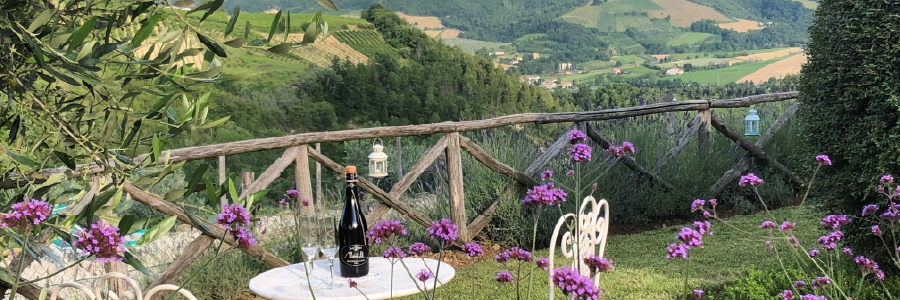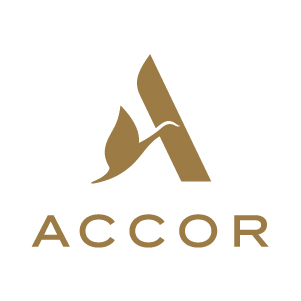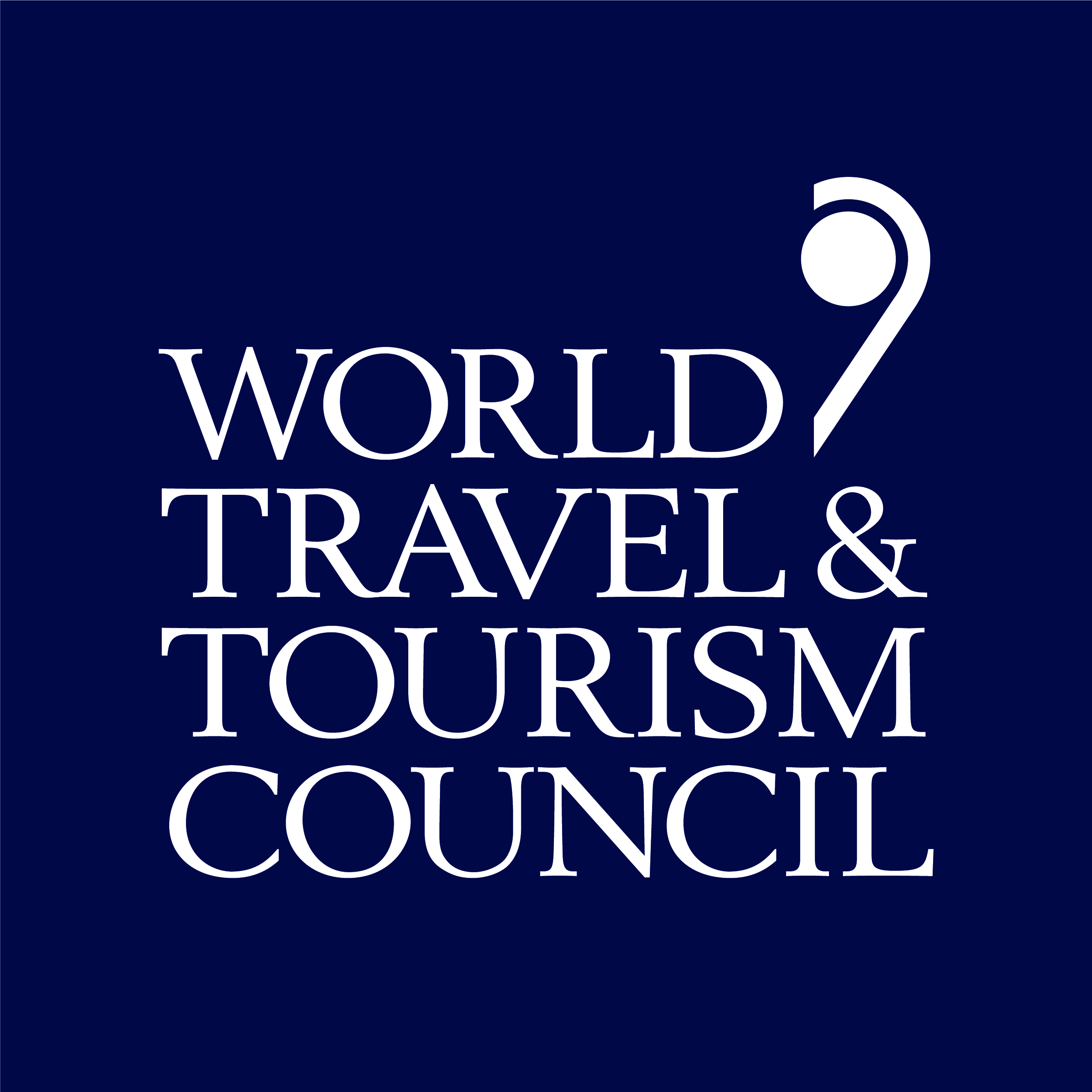Leading with purpose: How travel SMEs can turn sustainability into their superpower

In a world where climate change, rising temperatures, and extreme weather events are no longer distant threats but daily realities, the Travel & Tourism sector stands at a unique crossroads. For small and medium-sized enterprises (SMEs), the choice is no longer between sustainability and profitability; it’s about how to align the two to secure both business survival and a better future for the planet.
And perhaps nowhere is this opportunity more evident than in hospitality. From housekeeping to food and drink, from interior design to partnerships with local communities, every corner of Travel & Tourism offers a chance to build not just businesses, but purpose-led legacies.
Sign in to access actionable insights
In a world where climate change, rising temperatures, and extreme weather events are no longer distant threats but daily realities, the Travel & Tourism sector stands at a unique crossroads. For small and medium-sized enterprises (SMEs), the choice is no longer between sustainability and profitability; it’s about how to align the two to secure both business survival and a better future for the planet.
And perhaps nowhere is this opportunity more evident than in hospitality. From housekeeping to food and drink, from interior design to partnerships with local communities, every corner of Travel & Tourism offers a chance to build not just businesses, but purpose-led legacies.
Nikki Mattei, Chartered Marketer & Sustainability Expert, says that for SMEs, particularly accommodation providers, the door to purposeful leadership is wide open. Something as simple as a welcome basket filled with local products or a digital guide highlighting community businesses can spark a sense of connection and loyalty. “These small touches don’t just tell a story, they build trust, generate referrals, and create the kind of guest experience that commands a premium. Sustainability, in other words, isn’t an expense. It’s an investment in relationships and reputation.”
The B Corp pathway
But what if SMEs want to go a step further, embracing frameworks like B Corp certification or even regenerative thinking? Nikki says the good news is that the journey can start small, with no upfront cost. The free B Impact Assessment is a useful tool for any SME to benchmark where they stand and what they can improve.
In fact, the travel segment of the B Corp movement is growing faster than any other vertical, with communities like Travel by B Corp and the B Tourism For Good Movement leading the way. “Even for businesses that don’t end up certified, the process itself can inspire real, practical changes. As one example, Villa in the Vineyard in Italy, though never certified, used B Corp principles to guide decisions and strengthen its sustainability practices. And for accommodation providers, platforms like EnviroRental offer a hub of free resources, blogs, and case studies to inspire action,” says Nikki.
The trap of greenhushing
But here’s a paradox. Many businesses remain silent about the sustainability work they’re doing, a phenomenon now widely known as ‘greenhushing,’ because of the fear of being accused of greenwashing. Yet this silence is just as dangerous.
“The solution lies in honesty and storytelling. SMEs don’t need to wrap their messaging in buzzwords like ‘eco’ or ‘green.’ Instead, they should focus on narratives, sharing real examples of what they’re doing for the environment, for people, and for destinations. These stories add authenticity and provide fresh, unique marketing content. In today’s saturated market, trust is the currency no SME can afford to lose,” Nikki explains.
A common barrier is the belief that sustainability is too big or too vague a challenge for small businesses to tackle. Climate change, after all, feels overwhelming. However, sustainability can be framed in three interconnected areas: climate, the natural world and people. To describe the climate change narrative, it needs to be linked to human health.
“Cities are hotter, air pollution drives more air conditioning use, and allergies linked to synthetic fragrances or intensive farming systems are on the rise. When SMEs switch to fragrance-free detergents, reduce chemicals, or support pollinator-friendly farming, they’re protecting the planet and their guests. Sustainability, then, isn’t abstract. It’s deeply personal. And when SMEs show they’re protecting both travellers and destinations, they stand apart as brands that genuinely care,” Nikki says.
Profit and purpose: Two sides of the same coin
The key, however, is to stop treating sustainability as an ‘add-on.’ It should be part of the business and marketing strategy from the start. Responsible decisions often save money, delight guests, and reduce waste.
“Take accommodation again. Eliminating unnecessary items like plastic slippers or single-use wipes cuts costs and appeals to eco-conscious travellers. Switching to refillable amenities saves plastic and money. Offering fragrance-free laundry detergents ensures comfort for travellers with asthma or allergies. What might seem like small steps can make or break a guest’s holiday experience and keep them coming back,” Nikki emphasizes.
The power of storytelling
When it comes to brand messaging, SMEs often fear sounding ‘preachy.’ But travel is inherently emotional and aspirational. The best strategy is to share stories through the eyes of the traveller. Encourage user-generated content. Showcase guests enjoying sustainable choices, whether that’s exploring a destination on foot, sharing meals with locals, or taking part in a conservation activity.
By making sustainable options the default, like offering electric vehicle transfers or train-inclusive packages, SMEs don’t just market values; they embed them into the guest experience.
Digital transformation is another untapped lever. Despite the rise of AI, search engine optimisation (SEO) remains one of the most underutilised tools for SMEs. Google now prioritises unique, original perspectives, especially in tourism, where authentic photos and guest-generated images speak volumes. Embedding SEO into every channel, such as social media, newsletters, and blogs, can amplify visibility while keeping messaging authentic.
To truly future-proof, SMEs must go beyond buzzwords. That means understanding what sustainability means in their specific context and adopting relevant solutions. “Cutting energy and water use is a straightforward win, but the larger opportunity lies in protecting nature in destinations alongside the wellbeing and dignity of local communities. Travellers now expect the sector to be part of the solution, not the problem. And importantly, these changes don’t diminish guest experience, they enhance it,” says Nikki.
The hidden edge for travel SMEs
For SME founders just starting, Nikki says you don’t have to solve everything. “Start with what resonates most, with your own values and with the challenges facing your destination. If habitat loss is an issue, partner with a conservation project. If biodiversity is threatened, create pollinator-friendly gardens on your property. Involve your guests in these efforts, turning sustainability into a unique selling point.”
The key is to start. Almost every SME is already doing something sustainable. The journey isn’t as hard or as costly as it seems.
At its heart, sustainability in travel isn’t about checklists or certifications. It’s about choices, small but powerful choices that transform how guests experience a destination, how communities thrive, and how businesses endure.
For travel SMEs, the path to purpose-led growth requires courage, creativity, and commitment. And in a sector built on experiences and memories, the most lasting legacy may just be the one that leaves the planet better than we found it.

















